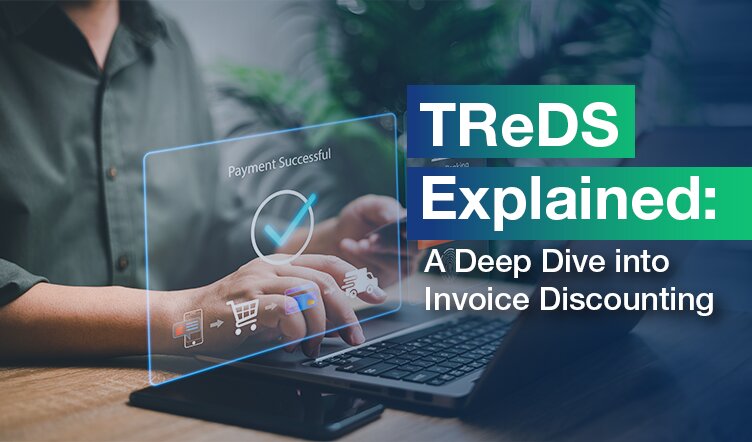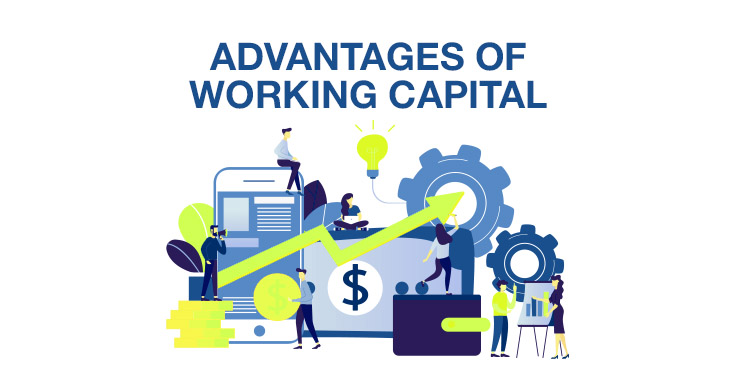The second wave of Covid came at a time when the MSME sector was gradually recovering from the cataclysm that had hit the economy in 2020. In April and May when the COVID-19 second wave led to several local area lockdowns, the MSME sector was hit hard. According to the rating agency ICRA, the monthly collection efficiency in SME loan pools that picked up close to 100 percent in March weakened to below 90 percent in April and further slipped to around 80 percent in June. The saving grace during this period for several MSME units was the TReDS platforms. In April and May, the TReDS platforms had put through an estimated Rs 3500 crore worth of transactions. M1Xchange had seen a throughput of Rs 1300 crore nearly 40 percent of the total throughput by the three TReDS platforms put together. The fully digital TReDS platforms acted as a savior of sorts to the critical MSME sector in the country.
When the Reserve Bank of India approved the scheme for setting up and operating the institutional mechanism for facilitating the financing of trade receivables of MSMEs from corporate buyers through multiple financiers called the Trade Receivables Discounting System (TReDS), little did the central bank visualize the pandemic and how TReDS will keep the most important MSME sector afloat during these days. RBI felt that the TReDS would facilitate the discounting of both invoices as well as bills of exchange. Further, as the underlying entities are the same (MSMEs and corporate buyers) the TReDS could deal with both receivables factoring as well as reverse factoring so that higher transaction volumes come into the system and facilitate better pricing. What helps is the fact that the transactions processed under TReDS are “without recourse” to the MSMEs.
A large number of MSMEs often require regular sources of working capital to stay afloat. The ticket size of the loans they require is normally small, ranging from Rs 50,000 to Rs 1 lakh. Given the total estimated funding need of Rs 20 lakh crore by the MSME sector and the ability of the banking sector to meet only a fraction of the demand from the sector, it was necessary to create an alternative mechanism for the MSMEs to raise money. According to a report by the International Finance Corporation (IFC), India’s formal banking system can only supply about Rs 11 lakh crore of the credit that MSMEs need.The role of TReDS in helping the MSMEs remain solvent enough to do business under normal circumstances can easily be illustrated by such a huge funding gap. The need was critical during the Covid pandemic times.
During the first lockdown in 2020, large company operations were shut and SME Finance suppliers had no way to reach their large customers for collection of payments. Further, large companies were also facing a cash crunch as their realizations from the market stopped. The customer teams were working from home and the process of realization of dues by MSME was not possible. This is when TREDS platforms like M1Xchange came to the rescue. On the TReDS platform of M1Xchange, MSME could submit invoices online for approval from their customer. In many cases, M1Xchange is integrated with large customers’ ERP and as a result approval for invoice amount and due date came directly from ERP. In cases where large customer ERP was not integrated, the large customer officers logged in work from home (WFH) environment and sanctioned the full or partial amount of invoice. In many cases, corporate Buyers advised their MSME suppliers to use TReDS platforms like M1xchange in this crisis time.
During the first Lockdown in April-June 2020, 726 MSME enterprises discounted their invoices to the tune of Rs 600 crore through the TReDS platform of M1Xchange. These invoices had a credit period of an average of 60 days. Therefore MSME clients could realize their dues even during the lockdown which otherwise would have been available to them post-June 2020 (post lockdown). However, they were able to receive funds during lockdown itself and utilize proceeds for a business emergency. Basis the corporate approval of the invoice, 20 banks were flexible enough to discount the invoice during the lockdown qtr. As the settlement process is digital the SME suppliers received their payment T+2 days (T stands for transaction date). This gave them a sigh of relief as they could realize the payment of inventory/services supplied to Buyers before the lockdown period. This working capital cycle that suddenly stopped came into action and the suppliers could use proceeds for paying the employees and in turn their creditors.
Post opening of lockdown (July to September 2020 quarter) more than 1500 MSME enterprises discounted their invoices to a tune of 1400cr, their confidence for the realization of their dues using M1xchange enabled them to do larger orders in this challenging time. This volume grew to Rs 2000 crore in Jan to March 21 qtr. In this quarter number of banks financing these invoices too increased to 27.
TReDS offered a win-win solution to the Covid-hit economy. It created a seamless and safe system of ready finance for MSMEs through discounting their bills, offered banks a failsafe system of meeting their priority sector finance limits, and for the corporates offered an uninterrupted supply chain. What is more The rate of interest at which these bills were discounted ranges from 4% pa to 9% pa, much less than the rate at which suppliers could access funds through their financials.
TReDS platforms like M1Xchange have supported MSME vendors across the country. Vendors logged in from 610 cities during the lockdown for discounting of invoices. Nearly 66 percent of MSMEs registered on the M1Xchange platform are from Tier2, Tier 3 & Tier 4 cities. In north India MSME registered are from 8 states & 137 cities, west 7 states from 221 cities, east 8 states from 106 cities, and 6 cities from 144 cities. Relative to the lockdown in 2020, the second Covid wave was easier since SME vendors and their corporate customers and banks are aware of the ease of operations through TReDS platforms.TReDS platforms have been delivering what was expected when RBI opted for this novel option.
Also read these – Working capital financing, SME Finance, Invoice Financing, Accounts Receivable Financing, Supply chain financing
Last modified: August 29, 2023















